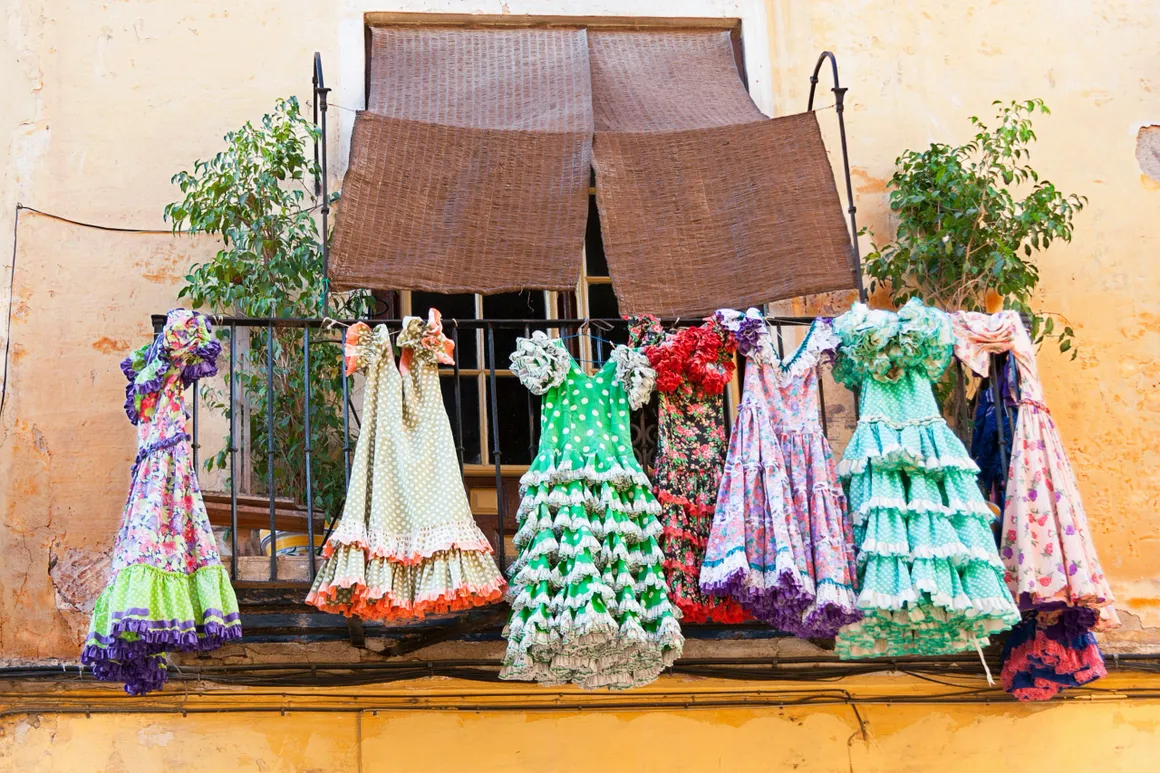
Hi Everyone! Here’s some behind-the-scenes content that adds more context to Maria’s story from Spain.
Content Warning: Discussion of male indecent exposure.
Flashers
The first topic Maria discusses is the prevalence of flashers [a man who exposes his sexual organs in public] in her neighbourhood, which is both deeply disturbing and totally unexpected:
“They were well known in the area and we even knew where one of them lived. It seems shocking now, but at the time we were just kids and didn’t know any better.”
The fact that Maria and her friends were small children makes this story all the more unbelievable.
Francoist Spain
Although Maria was born after Francisco Franco’s dictatorship (1939-1975) had ended, there were still reverberations of his oppressive regime during her school days. This was particularly evident in the lessons targeted at girls:
“My older sister was taught ‘women’s work,’ like how to use a typewriter or to do embroidery or to bake cakes.”
Luckily for Maria, politics soon moved on from such archaic views with the emergence of third-wave feminism in 1970s Spain. During this period, female politicians and their allies advocated for contraception and abortion to be legalised while also challenging traditional gender roles.
Flamenco
One myth Maria quickly dispels is that Spanish women don’t wear flamenco dresses daily:
“This lady thought Spanish women were constantly walking around in flamenco dresses while running errands, and it made me wonder— do others also think we wear them every day?”
In fact, flamenco is an art form based on southern Spanish folklore traditions. However, many people align it with Spain more generally. Furthermore, the dance is specific to the region of Andalusia and is often associated with Romani culture.
Maria’s Story
To find out more about Spain and Maria’s story, please follow this link for free access.
Take care,
Rachel 🙂

